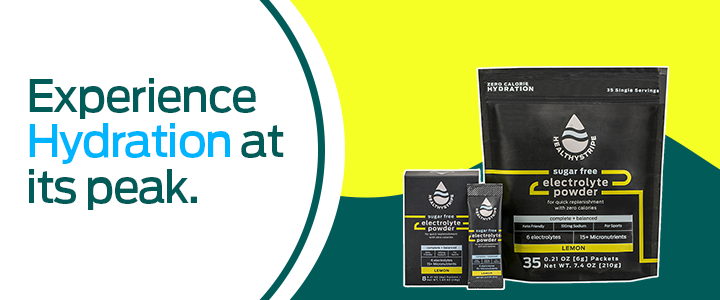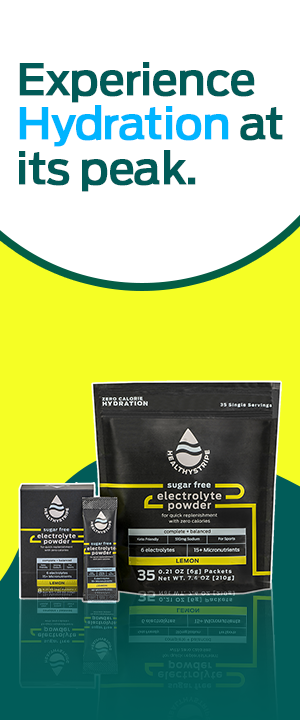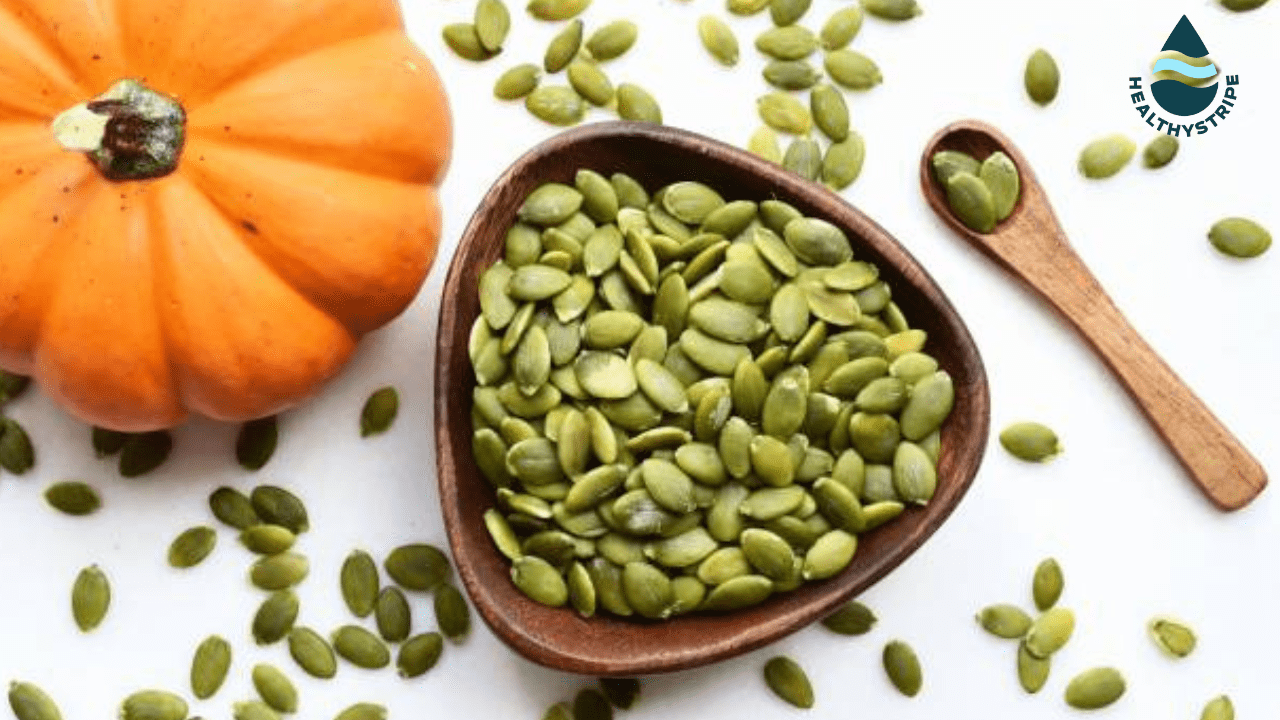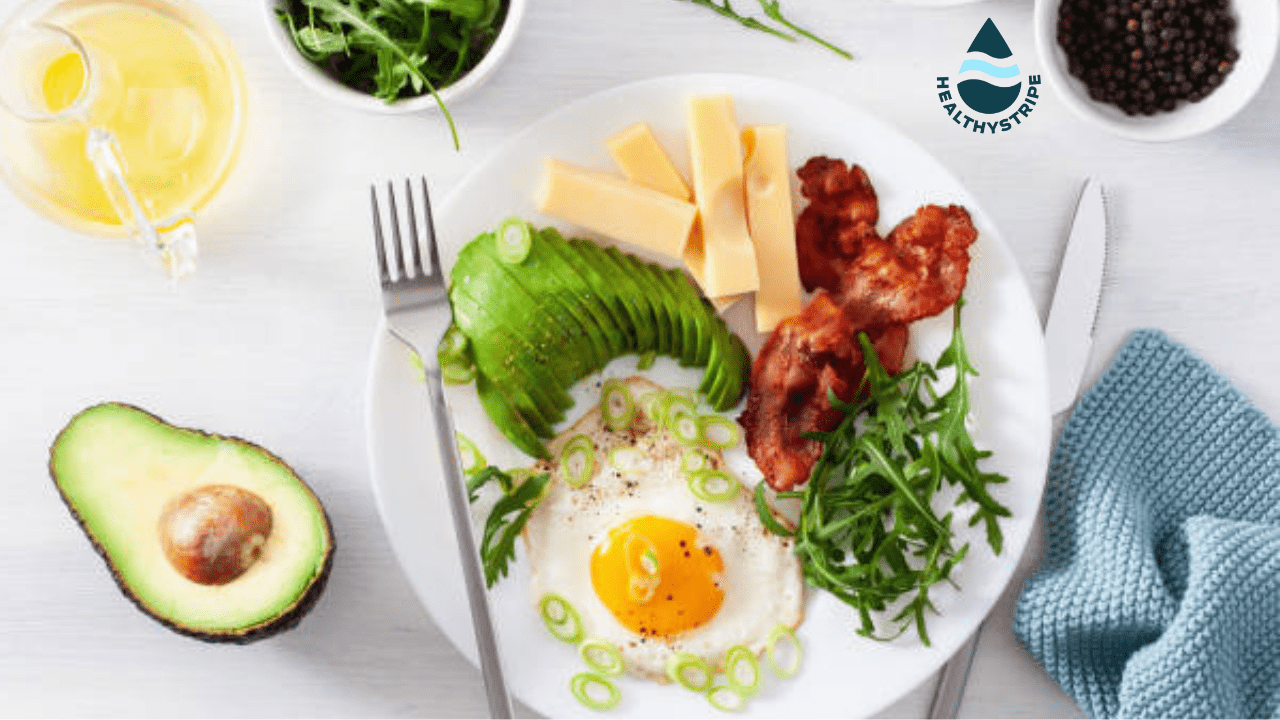Natural Sugar Vs Added Sugar: Which is Dangerous for Health?
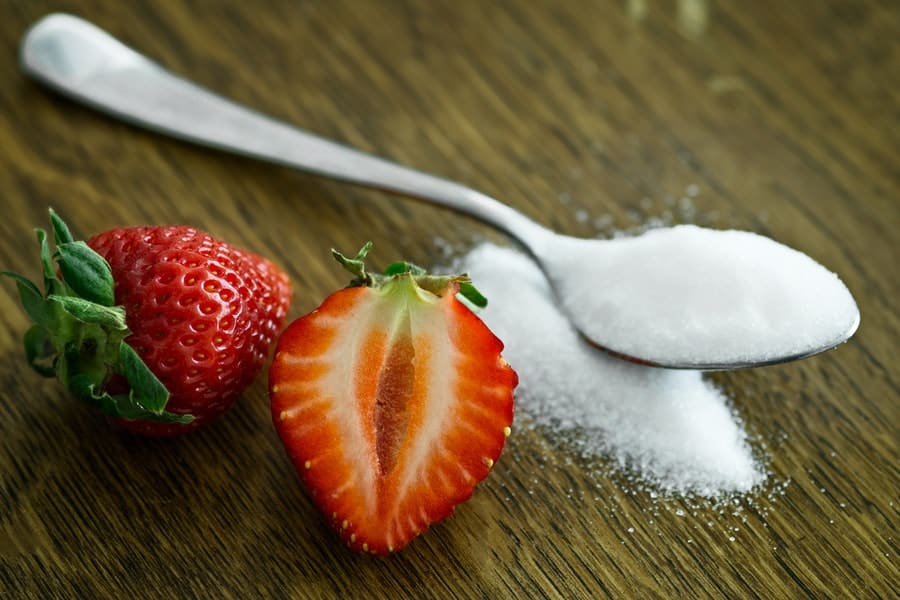
Lately, there has been a lot of content about the types and effects of Sugar on the body. There is a lot of confusion around Added and Natural sugar and its consumption.
How much sugar consumption is okay? Which type of sugar is better?
To make an informed decision, it is critical to understand the science and the hidden details behind the concept.
Natural Sugar
Natural sugar is found in whole foods like fruits, vegetables, and milk in natural form.
The natural sugar is digested slowly when consumed and the metabolism is stabilized. Thereby, the blood sugar stays elevated for a longer time and this makes the digestion better.
Also Read: Is sugar an electrolyte?
Added Sugar
Added sugar refers to any form of sugar that is introduced while processing, baking, or eating. It is added to almost all packaged food like chips, snacks, cookies, sauces, dressings, chewing gum, candies, and beverages.
Most of the packaged products placed in a grocery store’s aisles contain added sugar.
Added sugar is the hidden devil responsible for disturbing blood glucose levels. Ingested sugar prompts the pancreas to release insulin hormone. Insulin further uses the sugar for the body’s energy if required or signals the liver to store the sugar for later use.
Too much added sugar spikes the blood sugar levels too often and can disturb the set ecosystem. Over time it can also lead to bigger problems like insulin resistance.
Daily Recommendations
According to the AHA Guidelines, men should consume 9 teaspoons per day which is around 150 calories.
Women should consume 6 teaspoons of sugar which is around 100 calories.
It is easy to exceed the recommended intake with a single can of beverage. To stay within the limits, it is important to be aware of the nutritional values.
Natural sugar vs Added Sugar
Natural sugar provides nutrition to the body along with sugar. This sugar is easily metabolized and satisfies the body’s requirements.
The sugar consumed via fruits, vegetables, and other whole foods is not just sugar but is also a source of fiber and antioxidants.
Added sugar does not provide any nutritional value and carries just empty calories. Regular and excessive consumption can impair several bodily functions and organs.
Added Sugar can lead to serious problems like
- Non-alcoholic Fatty Liver
- Diabetes
- Hypertension
- Cardiac disorder
- Kidney disorder
Fulfilling the body’s requirements with natural sugar is way more effective than with the added sugar. Natural sugar will provide nutrition while keeping the metabolism stable at the same time.
Whereas, added sugar will wreak havoc in the body and won’t provide any benefit.
The consumer needs to be aware of what one is putting in the body as added sugar is sneakily present in several daily items.
Steps to follow
First things first, one needs to differentiate between added and natural sugar.
For that, anything present in the whole food occurring in a natural state comes under natural sugar.
Packaged items, bakery items, and beverages all have added sugar which makes the biggest chunk of the food one consumes in day-to-day life.
You Can start cutting down sugar by following simple steps-
1. Read the labels – You can always figure out the sugar content by reading labels properly. Sugar on the labels can be hidden by using deceiving names like maple syrup, corn syrup, fructose, etc.
Make sure you can scan the synonyms of sugar and stay away from them.
2. Include whole foods – The best and foolproof way to cut down on sugar is to include only whole foods in the diet. Whole foods are nutrient-dense and will keep the blood sugar levels in check.
3. Curate a diet plan – You do not necessarily need a dietician to do that for you. Try to make 90% of your diet healthy by having more fruits and vegetables. Binge on a cookie here and there or whatever your favorite snack is.
Just keep in mind almost all packaged foods are packed with sugar, so it does not matter if your snack is savory or salty, you are putting in some sugar.
For this reason, limit your packaged food intake.
4. Educate yourself – Don’t get fooled by advertisements stating it is low sugar sugar-free or natural. All the sugar-free products have some sugar, and the sweeteners used instead are no less harmful.
Artificial sweeteners have been linked with serious conditions like cancer along with metabolic difficulties and other effects.
Bottom line
Clearly, Natural sugar should be preferred over Added sugar. But does that mean you can never have a cookie or a soda?
Well, you can but in moderation. Balancing your sugar intake will take you a long way.
Overdoing sugar intake is the root cause of the most common problems like obesity and diabetes.
To curb the existence of such issues, you will have to stick to a specific number of calories.
Ideally, your calories should come from nutrient-dense food and not from refined sugars.
So, keep that in mind and strike a balance.




